Get analysis, insight & opinions from the world's top marketers.
Sign up to our newsletter.
Seven experts share their views on the biggest issues the marketing industry needs to reconcile today
Last week the marketing industry would have normally come together on the French Riviera for the 67th Cannes Lions International Festival of Creativity.
Without Cannes Lions and in light of a tumultuous last few months punctuated by pandemic, protest and pause for reflection, WFA asked seven industry experts one simple question: “If you were at Cannes Lions this year, what one big question would you put to the industry?”
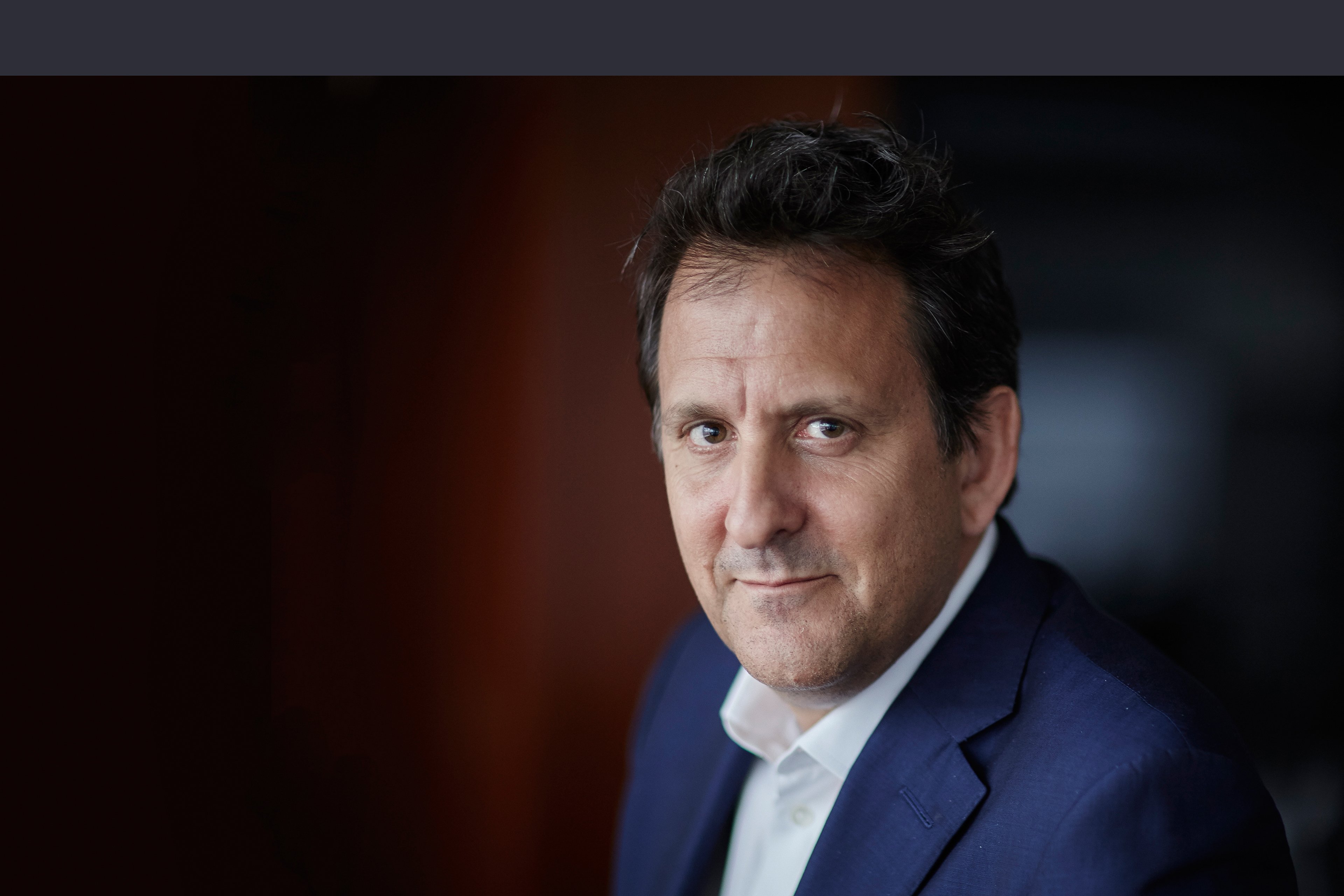
John Rudaizky is the Global Brand & Marketing Leader of Ernst & Young. Prior to joining EY, he was CEO of two client teams within the world’s largest marketing services group, consulting for leading public companies on their brand marketing strategy and execution.
“This year brands have reinvented themselves – rapidly and at scale. Luxury goods houses produced hand sanitiser, fashion companies provided PPE and carmakers manufactured ventilators. Companies have reconnected with their purpose to help society fight the pandemic. What if the creative industries could tap the same spirit of innovation and purpose to help brands rethink their customer strategies while addressing other societal challenges such as racism? How can we bring the creative industry closer to the boardroom to create even more inspiring, real actions and experiences that go beyond images and words?”
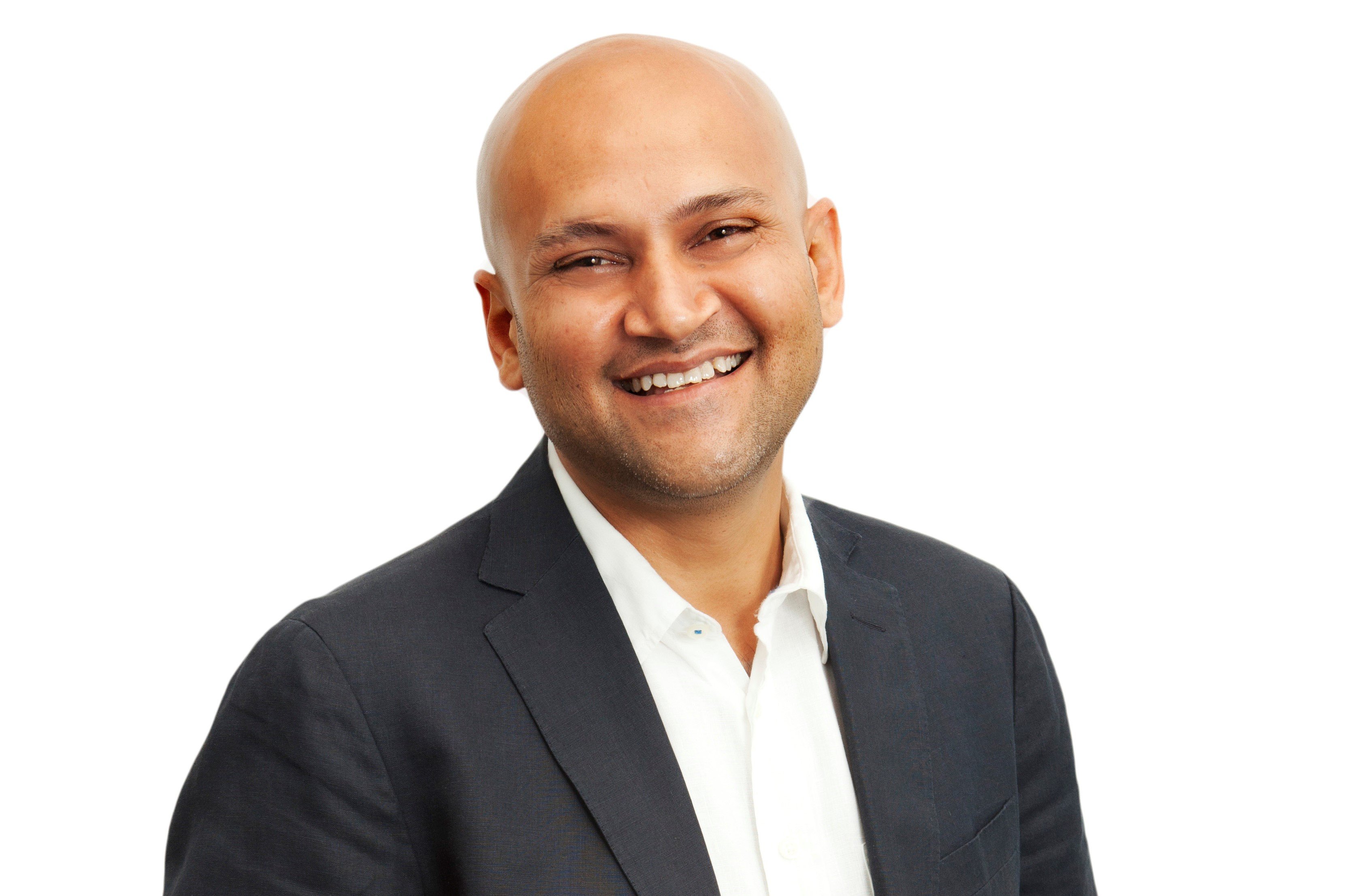
Rupen Desai is the Global CMO of Dole Packaged Foods. He co-founded TS/28 to help organizations thrive in the conscience economy and is also a board member of Female Founders, a not-for-profit dedicated to the pursuit of gender equality in entrepreneurship and leadership. Prior to Dole, he was Edelman’s Vice-Chairman across Asia Pacific, Middle East and Africa.
“Creativity has the superpower to transform: behaviour, circumstances, society, perceptions, humankind, the planet and more. The Cannes Lions archives suggest we have ideas to address global issues like hunger, food insecurity, vitamin deficiencies, obesity, climate change and more… what might be missing is scale applied to these ideas.
With the pandemic highlighting the cracks of our world (and adding future ones), I am reminded of the African proverb, “If you want to go fast, go alone. If you want to go far, go together.”
So, what if brands, organisations, marketers came together, collaborated and gave one/many great ideas scale, together? Imagine hundreds of brands, all behind one idea to solve a global issue, together. Could the marketing community supercharge creativity with scale and collaboration to help make real impact?”
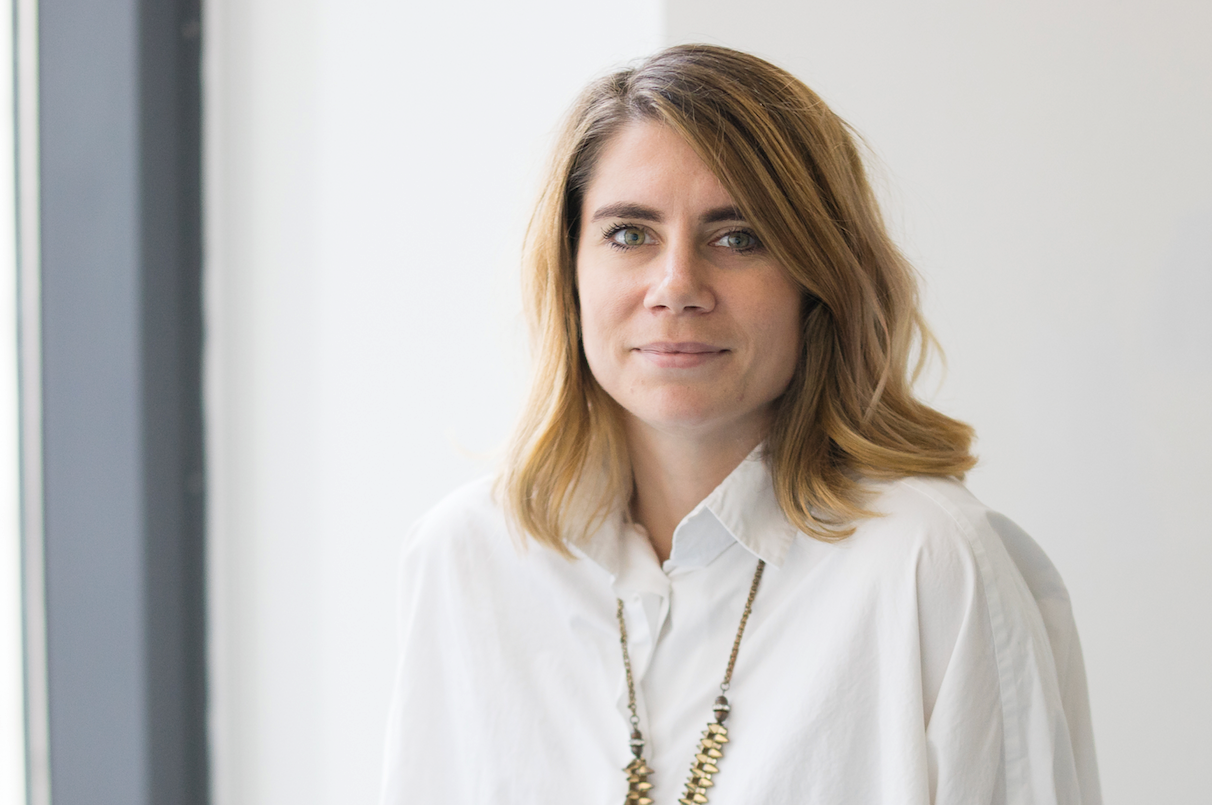
Charlotte McEleny is the APAC Publisher of The Drum. Prior to her role as Asia Publisher, she spent 10 years working across London-based marketing trade magazines, winning awards such as Best Digital Team at the PPA Digital Awards during her time as digital editor at Marketing.
“The one big question that the industry really needs to address is diversity. I think we’ve all been guilty of doing cosmetic or shallow changes and it’s all been too slow. We need to hold each other more accountable. The latest figures on agency staff diversity in the UK actually went backwards and that’s before women and POC inevitably fall foul of this pandemic. In a recent panel I chaired, Bailey’s marketer Eileen Hanna explained how women’s jobs have already been hit hardest by the pandemic’s economic fallout. It’s not good enough and I hope the industry is very mindful of this when carrying out retrenchments, or, more positively, if you are able to hire at the moment.”

Sarah Vizard is the Managing Editor of Marketing Week, responsible for all news and analysis coverage, as well as setting the content agenda. She has a particular focus on charity, financial, mobile and telecoms brands, as well as agency relationships and marketing effectiveness. She joined in September 2013 as retail reporter and was previously news editor.
“As a journalist, I’m folding three questions into one. A short-term focus among many brands is negatively impacting creativity and marketing effectiveness. How can the industry reverse that, what skills and experience will be necessary to do so, and, related, how does the industry ensure it is seen as part of the solution to recovery from coronavirus rather than a cost to be cut?”
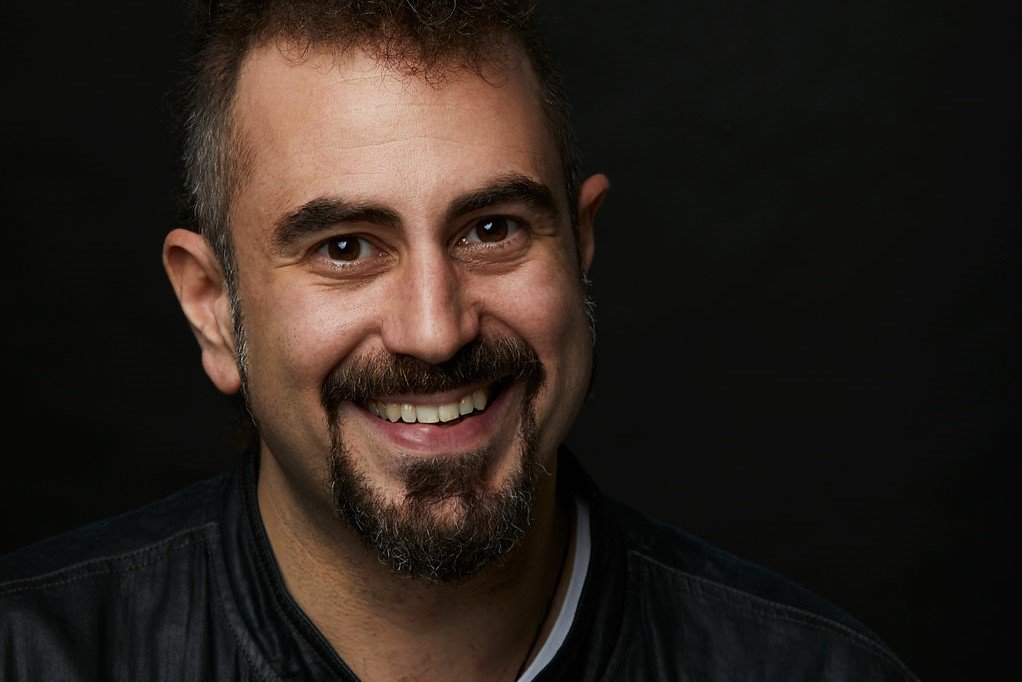
Faris Yakob is the co-founder of the creative consultancy Genius Steals and the School of Stolen Genius, an experimental learning community for marketers and creative thinkers; author of Paid Attention: Innovative Advertising for a Digital World. They publish the newsletter Strands of Stolen Genius, named one of 7 essential newsletters for creative minds by Hubspot, to 11,000 marketing minds every week.
“Cannes is the largest advertising and creativity festival in the world. The award shows contribute to the overall identity and culture of the industry.
Advertising is a lever, it only exists to achieve something, usually some business outcome. It operates at the level of corporate utterance. The other crucial aspect that builds brands is behavior.
Today brands are increasingly being called out for any perceived dissonance between the corporation’s communications and actions, especially when entering social conversations. Do you think juries should judge creative in relation to corporate behavior and the larger socio-political context, as consumers clearly do?”
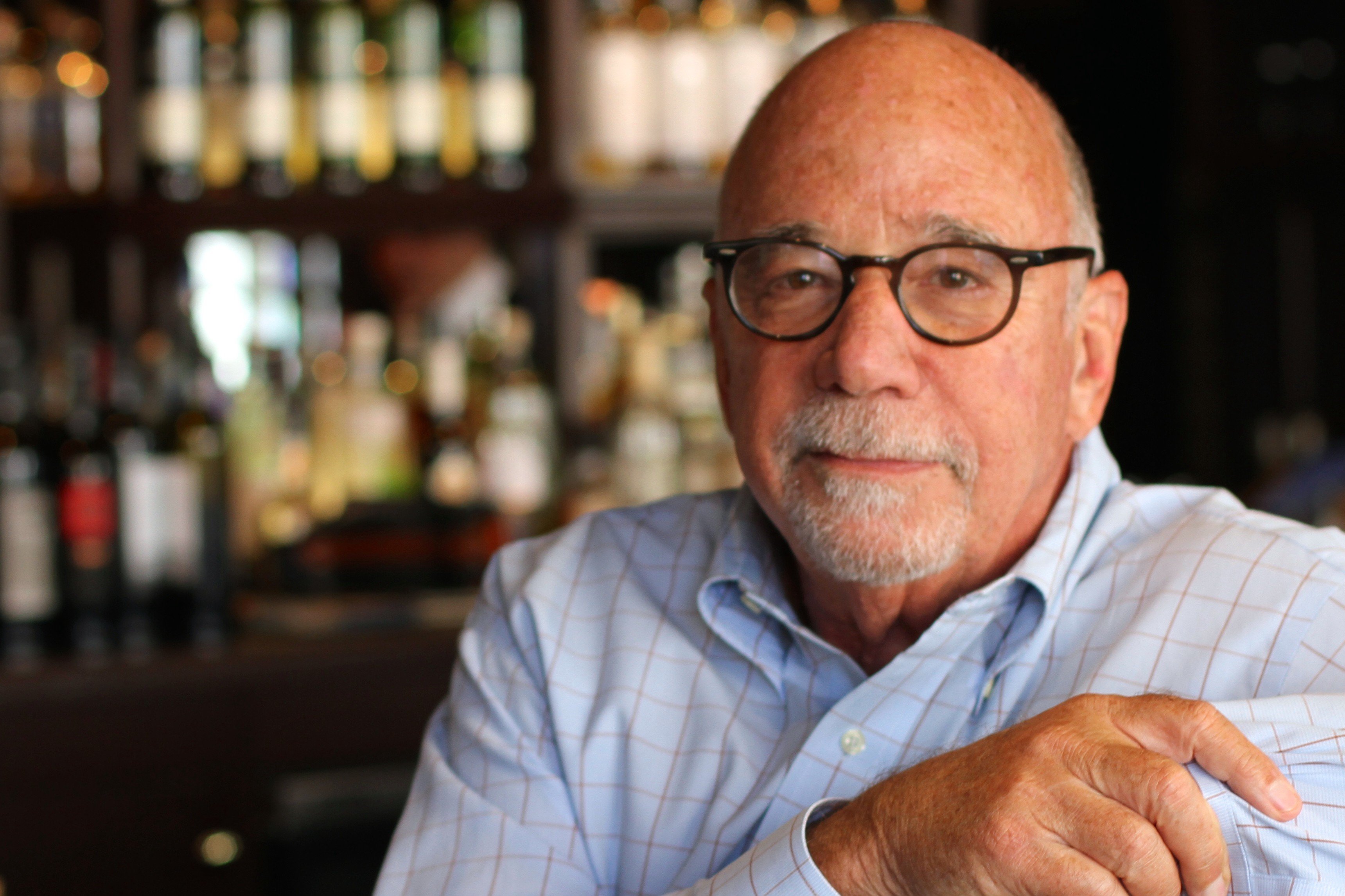
Bob Hoffman is a marketing commentator and the author of five Amazon #1 selling books about advertising. He created the popular “The Ad Contrarian” blog and newsletter and is also one of the most sought-after international speakers on advertising and marketing.
Brands are falling all over themselves trying to convince us that they are concerned about social justice. But in many cases, their actions belie their marketing.
While brands are exhorting us to end practices that cause social damage to black Americans, many are deeply engaged in some of the most pernicious practices.
It has been reported that by 2017 American companies had over 2.5 trillion dollars stashed in overseas tax shelters. Some companies that have made a lot of noise about social justice have been stashing billions in these tax dodges.
Taxation may be unpleasant. Tax dollars are often squandered on idiotic schemes. Paying taxes may reduce a corporation's returns to investors. But taxation is by far the most potent source of resources for society to redress social ills. Taxation funds education. Taxation funds housing. Taxation funds health initiatives. Taxation funds social programs.
There is no way around this -- when corporations take extraordinary measures to avoid paying taxes, they are doing extraordinary harm to citizens who have the greatest need for education, housing, health, and social programs.
If brands really believe Black Lives Matter they must stop starving our country of the resources to improve black lives by hiding their profits in offshore tax havens. Like it or not, to a substantial degree, taxation is the engine that funds social justice.
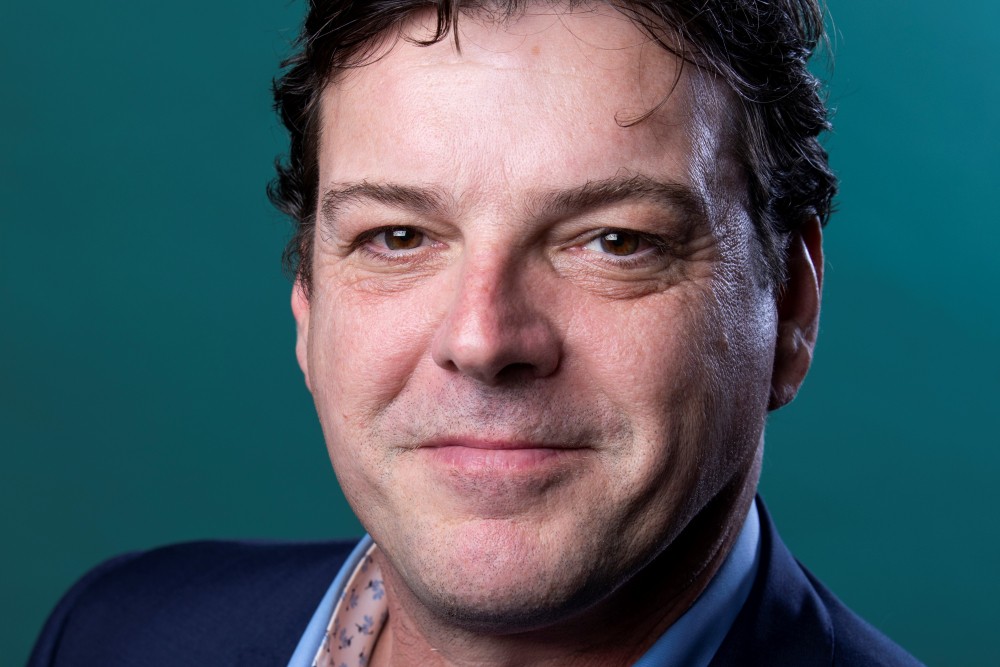
Nick Lawson is the Global CEO of MediaCom. He started his career with the agency as a media planner at The Media Business Group in 1991, he has risen through the ranks to lead the business, firstly as CEO of MediaCom UK in 2006, as CEO of EMEA in 2008 and most recently as COO Worldwide in 2019.
"Real value comes from brands focussing on the bigger picture – the levers that will drive growth for the whole business.
Advertisers should look at five bigger picture value creators.
Integration – where there are potential effectiveness increases; Walled Gardens – where we are helping clients to benchmark and optimise across rather than asking the Gardens what to do; Data and technology, where the biggest opportunity is the reduction of waste; Innovation, where we can invest, learn, share and reapply across markets at speed; Creative – half the impact of advertising and yet creative optimisation is applied to a fraction of spend."